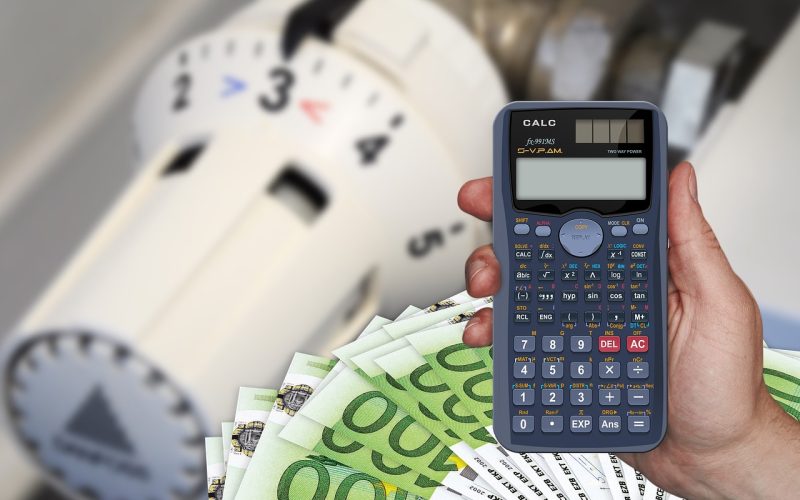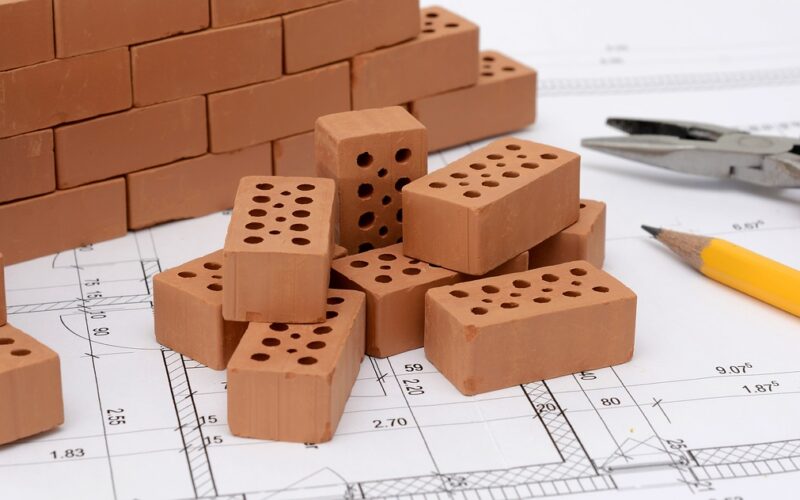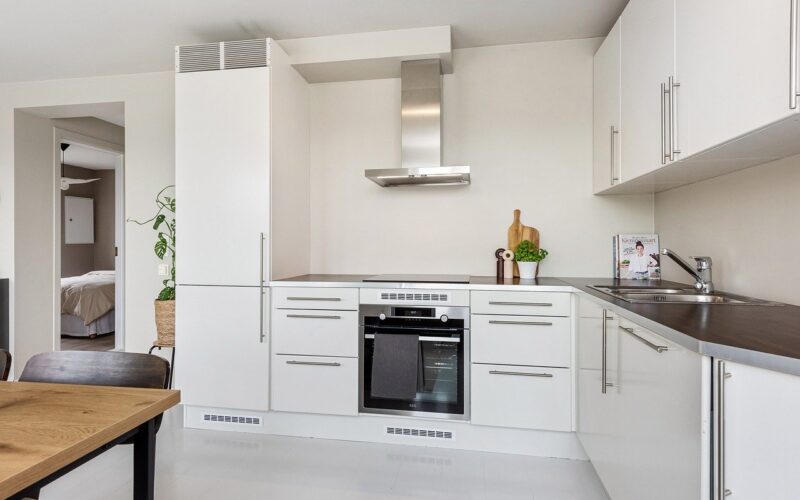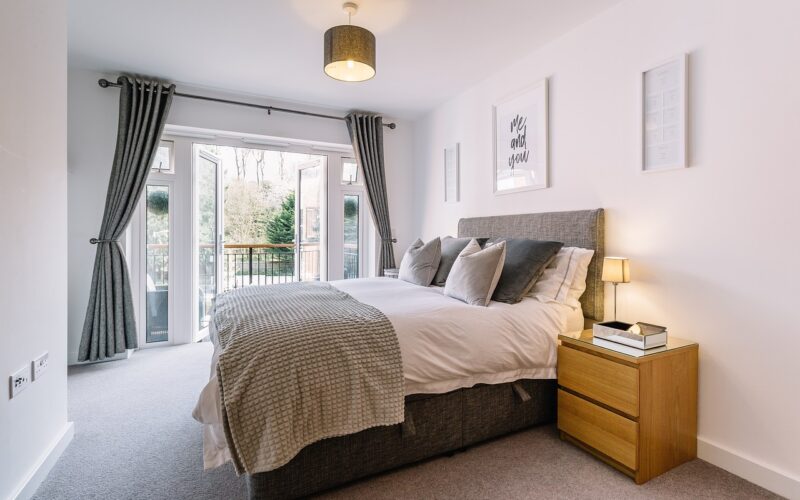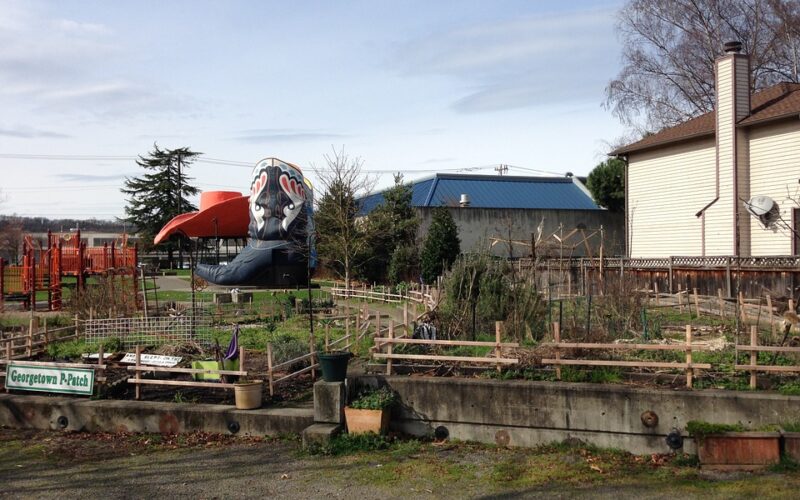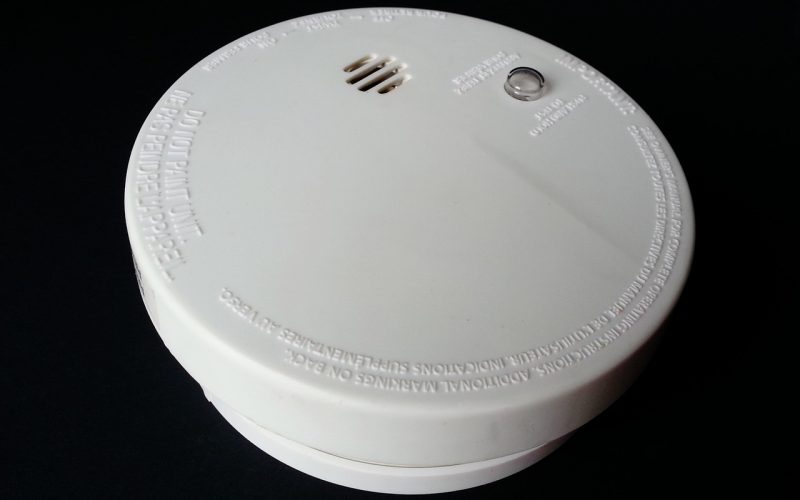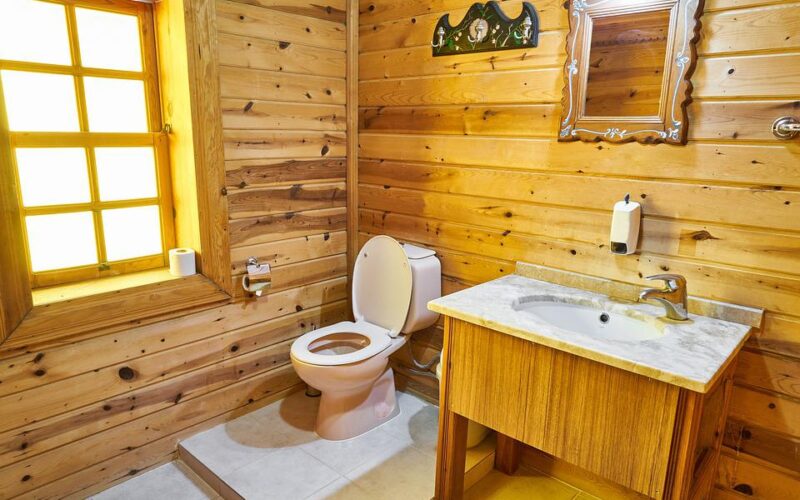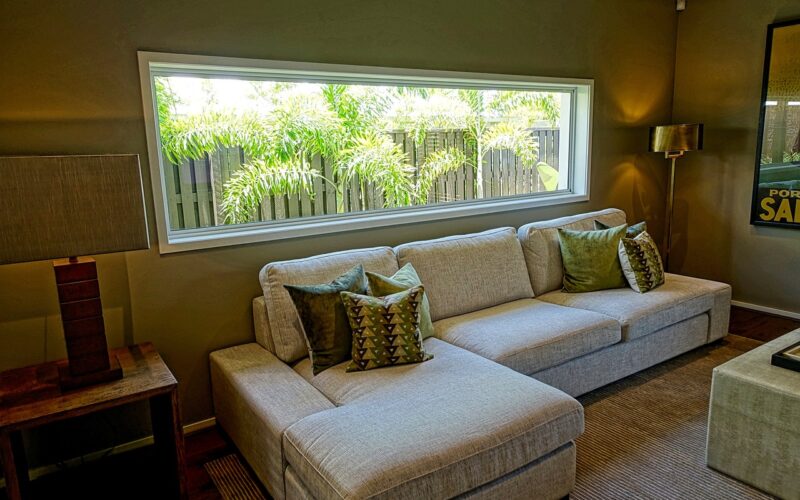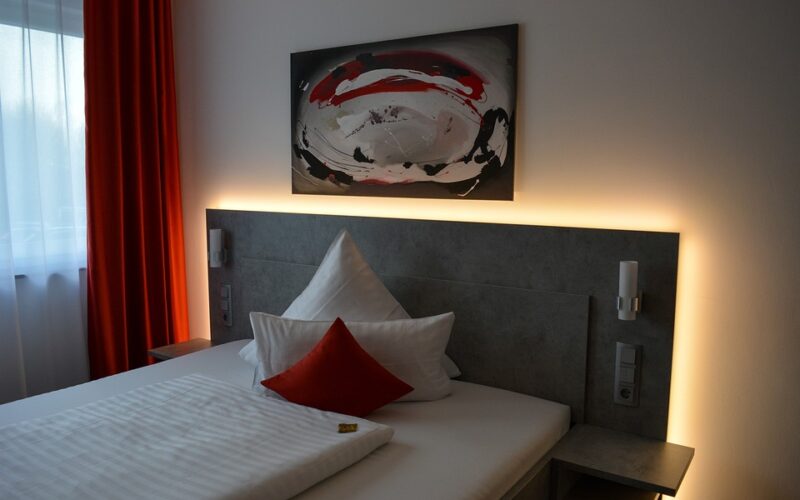Converting a Gas Boiler To a Heat Pump
Switching from a gas boiler to a heat pump is a significant yet increasingly popular step towards energy efficiency and sustainability. Understanding the process, benefits, and key considerations of this conversion can help you make an informed decision.
What is a heat pump, and how does it work?
A heat pump is an energy-efficient system that transfers heat from one place to another. Unlike a gas boiler, which burns fossil fuels to generate heat, a heat pump uses electricity to extract heat from the air, ground, or water. This makes it a greener alternative, significantly reducing carbon emissions. The two main types of heat pumps—air source and ground source—can effectively heat your home while lowering utility bills.
The transition from a gas boiler to a heat pump is a step many homeowners are considering to future-proof their homes as the shift towards renewable energy accelerates. However, understanding how heat pumps function is critical when planning that upgrade. Consulting qualified Manchester plumbers with expertise in heating systems is an important first step.
Why consider converting to a heat pump?
There are several reasons why homeowners choose to convert from gas boilers to heat pumps. Firstly, energy efficiency is a standout benefit. Heat pumps can generate between 3 and 4 kilowatt-hours (kWh) of heat for every kWh of electricity they use, compared to the 1-to-1 ratio of gas boilers. This efficiency not only reduces energy consumption but also lowers your monthly utility bills.
Secondly, switching to a heat pump is better for the environment. Heat pumps reduce reliance on fossil fuels and contribute to the fight against climate change by lowering your home’s carbon footprint. Additionally, some governments offer financial incentives or grants for homeowners making the switch, helping offset the upfront cost of installation.
Lastly, with the phasing out of gas boilers on the horizon in many regions, transitioning early can increase your property’s value and market appeal. If you’re not sure where to begin, a plumber experienced in heating upgrades can offer professional advice tailored to your home.
How is the conversion process carried out?
Converting from a gas boiler to a heat pump is not as simple as a one-to-one swap. Heat pumps operate at a lower temperature than traditional systems, meaning your home’s heating setup may need an overhaul. Radiators might need replacing with larger ones or be upgraded to underfloor heating to ensure adequate heat distribution.
The first step is a home energy assessment. A plumbing and heating professional will evaluate the insulation levels, existing pipework, and other factors in your property. Based on this, they will recommend the appropriate heat pump solution for your needs.
Next, the old gas boiler is removed, and the pipework is adjusted to connect to the new system. Installation can take several days, so working with a reputable plumber who provides detailed timelines is crucial. Should you encounter any issues during the upgrade process, having access to an Stockport emergency plumber ensures quick resolutions.
Key challenges to consider
Despite its advantages, converting to a heat pump has some challenges. The upfront cost is often higher than that of a gas boiler, with installation fees varying significantly depending on the property and the type of heat pump chosen. However, lower running costs and financial incentives can help offset this initial expense over time.
Another consideration is the space required. Ground source heat pumps, for instance, need outdoor areas for pipe installation, while air source systems require external units that can be bulky and noisy. Finally, the efficiency of a heat pump relies heavily on the insulation quality of your home. Poorly insulated properties may not reap significant energy savings, potentially requiring additional investment in insulation.
Working with skilled tradespeople, such as plumbers and renewable energy specialists, can mitigate these challenges. They will identify potential hurdles early on and ensure that your home is well-prepared for the conversion.
Do you need a professional plumber?
Converting to a heat pump is a technical process best left to experienced professionals. A qualified plumber Stockport will not only install the system but also handle challenges like retrofitting pipework, ensuring regulatory compliance, and recommending suitable upgrades. They can also help with applying for available grants or subsidies.
For urgent situations, such as complications during the installation process or heating disruptions, contacting an emergency plumber can provide peace of mind. Always vet your chosen plumber’s qualifications and experience with heat pumps to ensure a high-quality, efficient installation.
Switching from a gas boiler to a heat pump is a major investment that comes with a host of benefits, from energy efficiency to environmental sustainability. However, it’s crucial to weigh these advantages against upfront costs, installation complexities, and potential compatibility challenges with your home’s existing heating system.
Ultimately, consulting a qualified plumber or heating expert is the best way to determine if a heat pump is the right solution for your property. By planning thoroughly and involving the right professionals, you can enjoy a smooth transition to a greener, more efficient heating system that benefits both your household and the planet.
